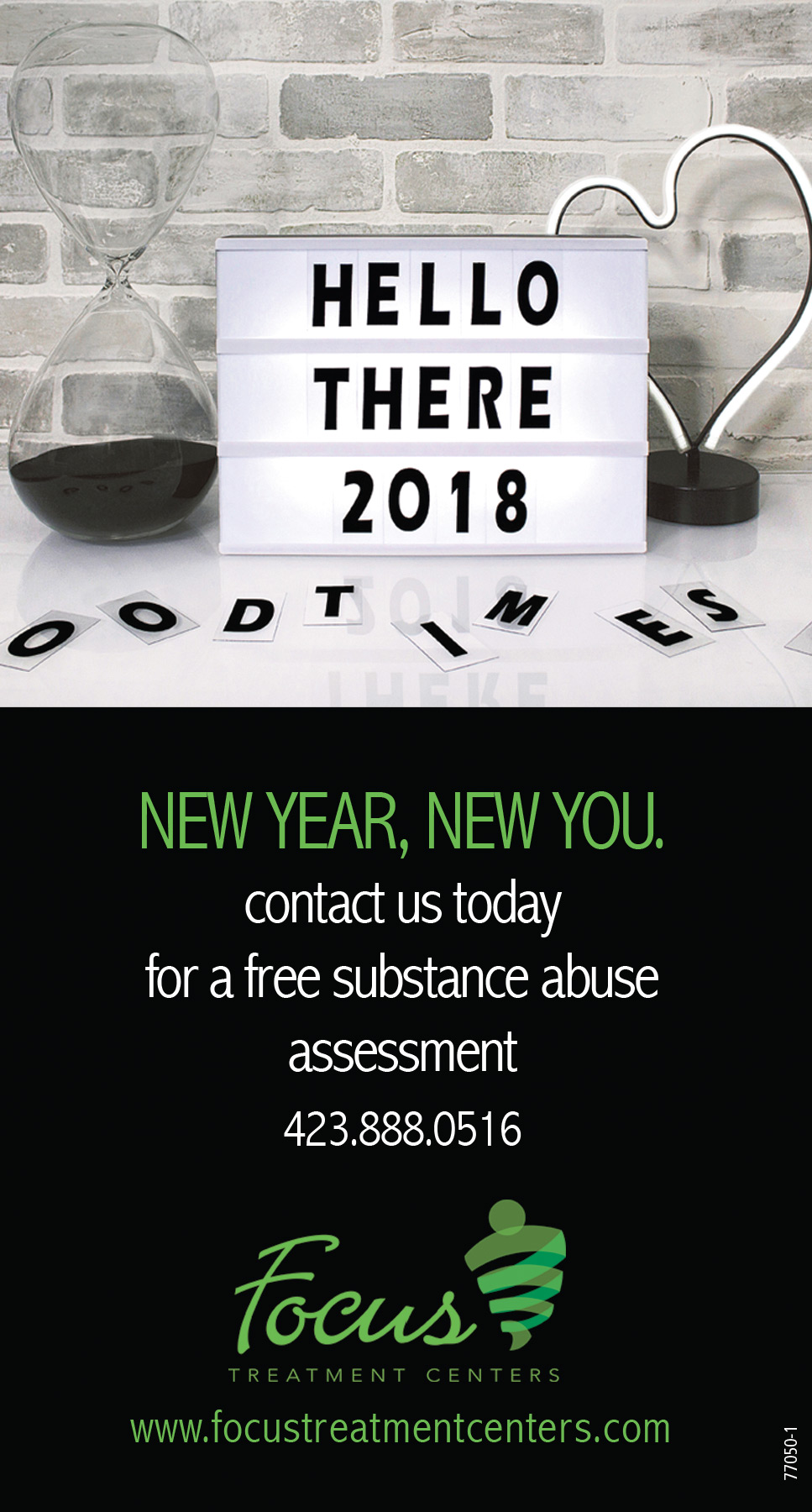The start of every year holds a time-honored tradition of resolutions toward self-improvement. This opportunity can help us get rid of those things that no longer bring joy to our lives. A common resolution is to quit drinking alcohol. Some even take part in a trendy resolution called "Dry January" (a pledge to give up alcohol for 31 days).
Just giving up alcohol for one month can offer benefits to physical health and can cause long term improvement in other areas of life as well. It is not necessary to have a serious alcohol problem before deciding to give up alcohol; however, when alcohol has become an addiction, giving it up has the potential to offer a long-awaited escape from misery and unhappiness, but it's often quite difficult to follow-through.
If you have made (or are considering) making the resolution to give up alcohol this year, look at why you want to quit. Unfortunately, studies show that most people don't keep their resolutions for long. You may need a bigger push to help you be more successful with a lasting long-term change in your drinking behavior. Understanding your relationship with alcohol is an essential first step in the decision to quit or the ability to stay quit. Is it because family is telling you to stop? Is it causing health issues? Are you not able to stop once you start drinking? Did you experience negative life consequences because of drinking (for instance, in your relationships or in your job)? Answering these questions may give you a starting point.
Individuals can be in different stages regarding the desire to change, ranging from thinking about making a change to being fully committed to taking action. Individuals may go through these stages sequentially, but may also jump back and forth between stages or be in two stages at the same time. When in the pre-contemplation stage, people typically do not view their behavior as problematic. They may minimize or justify their choices, most likely because they have not yet suffered any negative consequences, or they do not have a realistic view of the severity of the consequences. They may not even want to talk about future negative possibilities or listen to advice to quit drinking. In fact, they may be finding pleasure in their drinking experiences.
Experiencing and recognizing a consequence can shift a person into a contemplative state. In this stage, individuals are deeply considering making a change. They are generally open to information about negative consequences or learning about different ways to control or stop drinking. Once a person has moved forward to planning and preparing to address drinking issues, they have entered the preparation stage. The individual begins to see that are responsible for their choices and have the power to make a life altering decision and may signal readiness by setting a timeline or making a verbal commitment. Identifying supportive resources, ensuring a safe environment, getting rid of triggers, and rallying a support team is crucial to success. Taking action is what comes next. This is the stage in which real change begins.
For many people, seeking detoxification/treatment where medical and other contributory issues are addressed is the first step. For those without problematic drinking, whose goal is to cut back, life may look pretty much the same, except the addition of strategies to avoid alcohol while developing other (non-drinking) ways to manage stress.
At this point, there is no need to wait until all the New Years roll around to stop drinking. The best time to act is always in the present moment - today. When a person feels compelled to stop drinking, but also feels absolutely terrified about possibly having an addiction, it is very important to talk to a medical professional or therapist for guidance (because abruptly stopping alcohol, even for a day or two, can be more than an uncomfortable experience when you're doing it all alone). Severe withdrawal symptoms if left untreated, are potentially life threatening. A qualified professional who offers compassion and understanding and who is completely non-judgmental can make all the difference in the world.
One thing many people don't recognize is that developing new life skills is crucial to successfully letting go of old, unhealthy patterns such as drinking too much alcohol. It is common to think about a specific resolution without backing it up with very specific day-to day strategies, actions, and decisions that support success. These kinds of tools are taught in recovery programs, and in working with a therapist individually.
Contact Focus Treatment Centers at 423-888-0516 for a complimentary assessment today. The new year can be a great time to embrace sobriety, but it is even more affirming to remain sober through out the year.
More than half of the adult population considers themselves to be drinkers and more than 15 million Americans suffer from an addiction to alcohol.
Approximately 88,000 people die from alcohol related causes annually, making alcohol the third leading preventable cause of death in the United States.
Alcohol use is linked to increased risk of suicide and domestic violence.
Almost 800,000 college students experience alcohol-related assaults each year.
More than 10 percent of U.S. children live with a parent with alcohol problems.
Noteworthy:
It is not necessary to have a serious alcohol problem before deciding to give up alcohol; however, when alcohol has become an addiction, giving it up has the potential to offer a long-awaited escape from misery and unhappiness, but it's often quite difficult to follow-through.
MORE INFORMATION
Focus Treatment Centers is available for consultations and assessments by calling 423-888-0516.

